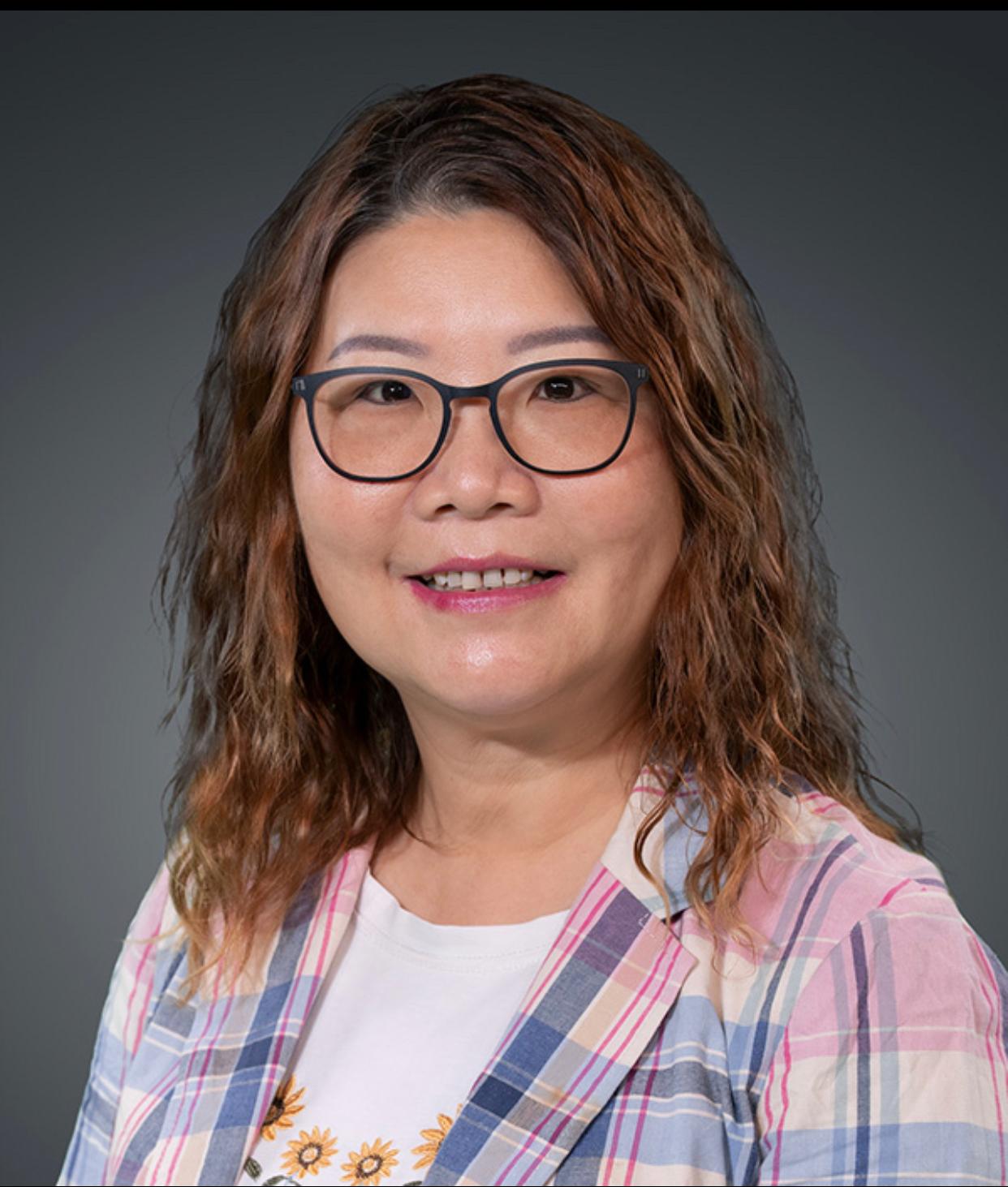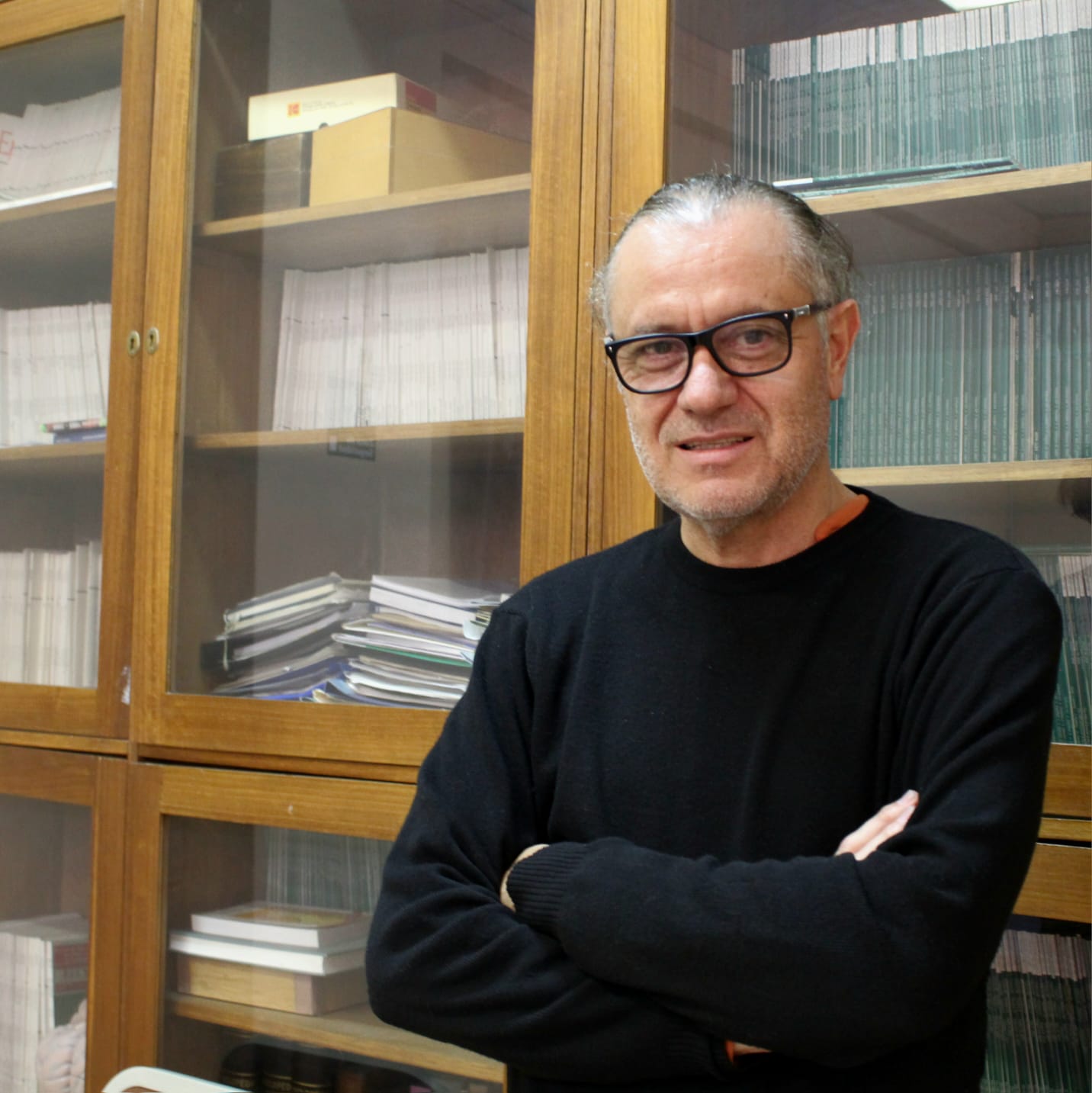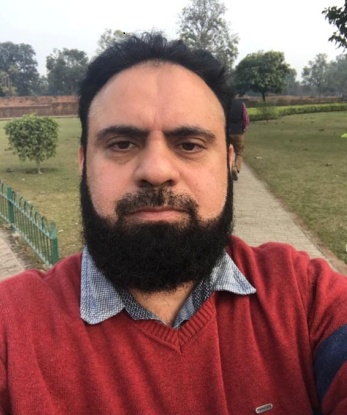Indexed In
- Open J Gate
- Academic Keys
- JournalTOCs
- ResearchBible
- RefSeek
- Hamdard University
- EBSCO A-Z
- OCLC- WorldCat
- Publons
- Geneva Foundation for Medical Education and Research
- Euro Pub
- Google Scholar
Useful Links
Share This Page
Journal Flyer

Open Access Journals
- Agri and Aquaculture
- Biochemistry
- Bioinformatics & Systems Biology
- Business & Management
- Chemistry
- Clinical Sciences
- Engineering
- Food & Nutrition
- General Science
- Genetics & Molecular Biology
- Immunology & Microbiology
- Medical Sciences
- Neuroscience & Psychology
- Nursing & Health Care
- Pharmaceutical Sciences
Editor-in-Chief

Shu-Hui Yeh, PHD
Editor-in-Chief
Professor, Department of Nursing
Mackay Medical College, Taiwan, Province of China
Biography
Shu Hui Yeh, RN, MS, PhD graduated from Kaohsiung Medical University, Taiwan in 1984, and got PhD at University of Utah in 1995. She received clinical training on the nursing of internal medicine for 2 years at Veteran General Hospital, Taipei, Taiwan. She became a nurse practitioner at University of Utah in 1989, and got his PhD degree at University of Utah in 1995. She served as an associate professor at National Defense Medical Center between 1996 and 1998, and at Kaohsiung Medical University between 1998 and 2001. She was promoted as a full professor at Chang Gung University of Technology at 2006, and did her sabbatical year (2007-2008) at Geriatric Center of Johns Hopkins University with the mentor of Professor Fried. She served as President of Taiwan Nurse Practitioner Association between 2012 and 2015, in which she has coordinated to make the Special Law for Nurse Practitioners. She has published more than 100 peer-reviewed articles in Nursing and Long Term Care. She is especially interested in effects of exercise and functional foods on healthy aging and anti-aging development. Recently she is studying how exercise and functional foods on improvement of senescence associated secretary phenotype (SASP) monitored by urinary exosomes.
Research Interest
Active aging, outcome evaluation, intervention study, community nursing, long-term care, nurse practitioner

Mimi Mun Yee TSE, PHD
Editor-in-Chief
Professor of Nursing and Health Studies, Primary Health Care
Hong Kong University, Hong Kong Metropolitan University, Hong Kong
Biography
Prof Mimi Tse is a nursing professor, teaching undergraduate and postgraduate students, and supervising MPhil and PhD students. Prof Tse's research focus on healthy aging, the use of technology, pain management using non-pharmacological strategies. Mimi has been receiving competitive grants and funding from various professional organizations/institutions to carry out her research work. She has published widely in journals and presented in conferences and seminars. Mimi continue to engage in professional and community teaching for knowledge dissemination.
Research Interest

Pedro Francisco Chaná Cuevas, PHD
Editor-in-Chief
Associate Professor, Bachelor of Medicine
University of Chile, Chile
Biography
Faculty in the neurology specialist training program at the University of Santiago since 1995
Visiting Professor at the Bolivian Catholic University, Santa Cruz, Bolivia, 1998
Director of the Movement Disorders Center, 2007
Professor in the Master's program in Occupational Therapy, responsible for the subject of Neurosciences at Andrés Bello University, 2008
Professor of Neurology for 3rd and 4th-year medical students at the University of Santiago
Collaborating professor in the same program at the University of Development, Mayor, and Los Andes
Invited professor in the Master's program in Dentistry at the University of Chile and Andrés Bello University
Research Interest
Neurology, Psychiatry, and Neurosurgery

Dominique Meynial Denis
Editor-in-Chief
INRA Clermont-Ferrand
France
Biography
Dominique Meynial-Denis studied Biochemistry and Molecular Biology at the University Paul Sabatier of Toulouse, France and obtained her Ph.D. degree on intermolecular interactions between drug and plasma proteins followed by magnetic resonance spectroscopy (MRS) at the same University in 1985. Since 1986, she has worked as a scientist at the National Institute of Agricultural Research (INRA) in Clermont-Ferrand in a Department focussing on Human Nutrition. Consequently, she became a Nutritionist and specialised her research on Sarcopenia and Aging in 1994. She applied MRS to metabolic pathways of amino acids in muscle during aging. Dominique Meynial-Denis received a second Ph.D. in 1998 on amino acid fluxes throughout skeletal muscle during aging. More recently, she has mainly been interested in the effect of glutamine supplementation in advanced age. She is a member of the French Society of Enteral and Parenteral Nutrition (SFNEP) and of the European Society of Clinical Nutrition and Metabolism (ESPEN). She is a regular referee to different international nutrition journals.
Research Interest
The effect of glutamine supplementation in advanced age

Asimul Islam, PHD
Editor-in-Chief
Professor, Centre for Interdisciplinary Research
Jamia Millia Islamia university, India
Biography
Professor Asimul Islam has a vast teaching experience of more than 16 years, which includes
course work of Ph.D., M.Phil. (Interdisciplinary Sciences), Integrated M.Sc. in bioinformatics &
biotechnology (all the 10 different semesters), M.Sc. Biotechnology, M.Sc. Bioinformatics,
M.Sc. Biophysics, B.Sc. Biotechnology, B. Sc. Biosciences at Jamia Millia Islamia (a Central
University by an act of Parliament of India). Apart from teaching, Dr. Islam is actively involved
in research and published more than 250 papers in peer-reviewed journals, with many more
under communication. His H-index is 35, i-10 index is 135, and total citations more than 4,500
as per Scopus. He is fortunate to complete 10 major research projects, which were funded by
different government agencies like DST-SERB, DBT, CSIR, ICMR and UGC. He is running
many research projects.
Research Interest
Neurodegeneration and Protein aggregation, Diseases due to protein misfolding, Protein Folding,
Macromolecular Crowding in Cell, Protein isolation, purification and characterization, Biophysics,
Osmolytes and Stress Biology

Gjumrakch Aliev
Editor-in-Chief
President and CEO, GALLY International Biomedical Research Institute
USA
Biography
Dr. Gjumrakch Aliev, M.D, Ph.D., the internationally recognized founder of Gally International, has more than a decade of research in the area of gerontology. Dr. Alievs extensive research is respected throughout the world and held in the highest regard. Dr. Aliev is one of the few scientists internationally recognized for his expertise in vascular and mitochondria factors in the pathogenesis of gerontology research fields especially in the atherosclerosis, ischemia/reperfusion, stroke, AD and on the models representing these conditions. In 1982 Gjumrakch Aliev graduated summa cum laude from the Azerbaijan Medical Institute in Baku, Azerbaijan receiving a M.D. degree in the fields of general medicine and health sciences. In 1989, he received his PhD (Summa Cum Laude) in the field of Cardiovascular Biology and Pathology, from the Ivanovo Medical Institute, Department of Electron Microscopy and Cell Pathology of the Institute of Human Morphology, Moscow State University, and Russian Cardiology Research Center, Moscow, Russia. He received postdoctoral training under the prestigious British Hearth Foundation Grant Program in the University College London (advisor Professor Geoffrey Burnstock, FRS) in the specialty neurosciences cardiology and medicine. Professor Aliev have developed research and educational programs in neuroscience, neurodegeneration, mitochondrial, cardiovascular, cerebrovascular, pathology, anatomy, histology, cancer, electron microscopy and other areas. Additionally, he has extensive experience managing dynamic academic research and teaching environments.
Research Interest
Cell Biology, Biochemistry, and Functional Morphology of Cell and Tissues: Endothelial cells, Smooth Muscle Cells; Neurons and as well as Glial and Macrophages Cells; Specific characteristic changes of cell biochemical properties and morphology in different functional states; particularly atherogenesis, vascular remodeling, hypertension, ischemia/reperfusion, tumor angiogenesis, signal transduction and mitochondria DNA deletion and/or overproliferation during cancer growth, metastases and Alzheimer’s diseases; Regulation biochemical mechanisms of specific nitric oxide synthase (NOS) expression in endothelial and smooth muscle cells and macrophages in vivo and in vitro; At the present time, my lab is investigating the cellular and subcellular ultrastructural and molecular mechanisms of the features in the changes of mitochondria (DNA deletion, Cytochrome C Oxidase activity, redox activity (Fe), as well as protein modification and oxidation (HNE) and RNA (8HOG) oxidation during normal aging, atherosclerosis, tumor angiogenesis, stroke, human AD and transgenic mouse models of AD by using molecular biology and functional and structural methods (e.g., in situ hybridization and immunocytochemistry techniques at the light and electron microscopic levels). In addition, the biochemical properties of these protein activities will also be considered for our future studies.

